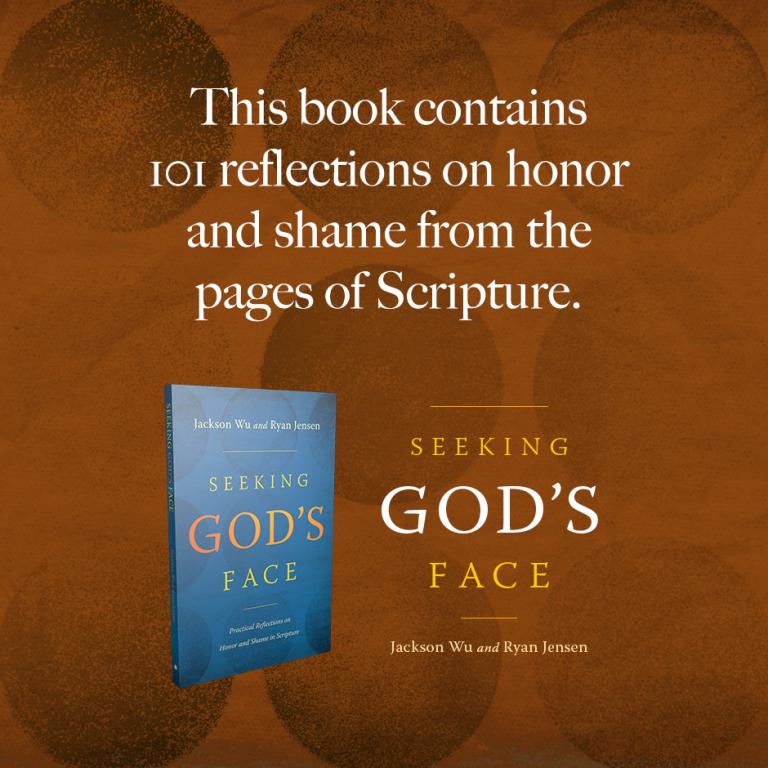Today’s post offers an excerpt adapted from our new book, Seeking God’s Face: Practical Reflection on Honor and Shame in Scripture, which is now available! I introduced it first here and then here. I previously posted an adapted excerpt.
Then Leah said, “God has endowed me with a good dowry; now my husband will honor me, because I have borne him six sons”; so she named him Zebulun. (Genesis 30:20)
Imagine being sold to a man by your father. For Leah and Rachel, this was their reality. Two daughters in exchange for 14 years of labor (Genesis 29:27). Marriage offered them little change. Their husband, Jacob, preferred Rachel because he judged her more beautiful than Leah (29:17). Because Jacob disregarded Leah, the Lord enabled her to bear many children while Rachel remained barren.
These women endured a lifetime of being objectified, treated as commodities for trade. The men around them viewed their bodies as things to be used for personal gain, whether financial profit, lustful pleasure, or giving birth.
Far from honoring these women as valuable, such treatment breeds shame. Their worth seemingly depends on whether they are “enough” in the eyes of the judging other. Whatever praise they might receive is superficial and fleeting. Despite Leah’s fertility, her shame was acute. Again and again, she hoped that the next birth would finally secure Jacob’s affection (29:32, 34; 30:20).
These attitudes and actions foster competition more than compassion. A cycle of shame and rivalry drives these sisters to engage in the same sinful behavior that entrapped them, as when Leah sells mandrakes to Rachel so that Leah can sleep with Jacob (30:14-16).
These problems fester into generational plagues. Years later, Rachel and Leah’s own children are consumed with jealousy and sell Joseph into slavery.
David Zahl says,
“Our religion is that which we rely on not just for meaning or hope but enoughness… We believe instinctively that, were we to reach some benchmark in our minds, then value, vindication, and love would be ours—that if we got enough, we would be enough.”[1]
The truth is sobering. We are not God. We can never have everything nor be everything. And so, we compensate by comparing ourselves. We start to view others or ourselves as objects, not people made in God’s image. Questions consume our minds, like “Do I measure up? Do they?” Our zeal for counterfeit honor only opens a door for shame.
Parting Reflection
How might we treat others in ways that communicate that we value them only because of the benefits they bring us? How have you felt shame when people act this way toward you?
Parting Prayer
Father, you do not accept us because we are “enough” by worldly standards. We have value because you delight in us. Your love is enough even when we fall short. Help us not to shame others. Spirit, open our eyes to see other people as worthy of honor and love.
[1] David Zahl, Seculosity (Minneapolis, MN: Fortress Press, 2019), 11. Italics original.
You can order the book here!













